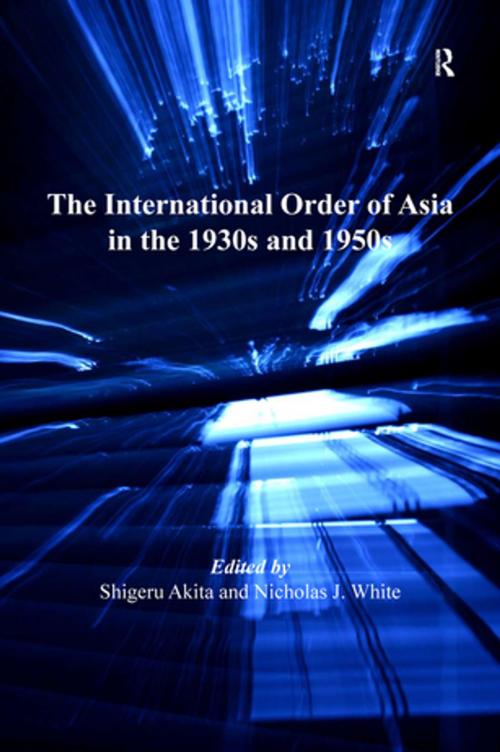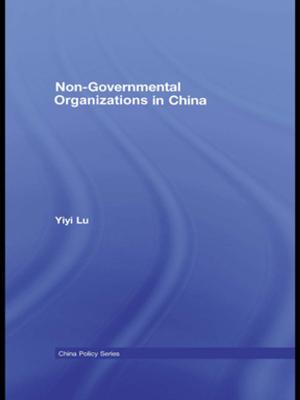| Author: | Nicholas J. White | ISBN: | 9781317027188 |
| Publisher: | Taylor and Francis | Publication: | March 3, 2016 |
| Imprint: | Routledge | Language: | English |
| Author: | Nicholas J. White |
| ISBN: | 9781317027188 |
| Publisher: | Taylor and Francis |
| Publication: | March 3, 2016 |
| Imprint: | Routledge |
| Language: | English |
This book reconsiders the nature and formation of Asia's economic order during the 1930s and 1950s in light of the new historiographical developments in Britain and Japan. Recently several Japanese economic historians have offered a new perspective on Asian history, arguing that economic growth was fuelled by the phenomenon of intra-Asian trade which began to grow rapidly around the turn of the 19th-20th centuries. On the other side, British imperial historians, P.J. Cain and A.G. Hopkins, have presented their own interpretation of 'gentlemanly capitalism', in which they emphasize the leading role of the service sector rather than that of British industry in assessing the nature of the British presence overseas. In order to assess and test these new perspectives, this volume addresses three key issues. The first is to reconsider the metropolitan-peripheral relationship in Asia, focusing particularly on the role of the sterling area and its implications for Asian economic development. The second is to examine the formation of inter-regional trade relations within Asia in the 1930s and their revival and transformation in the 1950s. The final issue is the comparison of the international order of Asia of the 1930s with the 1950s, and the degree to which the Second World War represented a break-point in Asia's economic development. Dealing with issues of trade, economy, nationalism and imperialism, this book provides fresh insights into the development of Asia during the mid-twentieth century. Drawing on the latest scholarship it will prove invaluable to all who wish to better understand the position of countries such as Japan, China, India, Singapore, Malaysia and Korea within the wider international order.
This book reconsiders the nature and formation of Asia's economic order during the 1930s and 1950s in light of the new historiographical developments in Britain and Japan. Recently several Japanese economic historians have offered a new perspective on Asian history, arguing that economic growth was fuelled by the phenomenon of intra-Asian trade which began to grow rapidly around the turn of the 19th-20th centuries. On the other side, British imperial historians, P.J. Cain and A.G. Hopkins, have presented their own interpretation of 'gentlemanly capitalism', in which they emphasize the leading role of the service sector rather than that of British industry in assessing the nature of the British presence overseas. In order to assess and test these new perspectives, this volume addresses three key issues. The first is to reconsider the metropolitan-peripheral relationship in Asia, focusing particularly on the role of the sterling area and its implications for Asian economic development. The second is to examine the formation of inter-regional trade relations within Asia in the 1930s and their revival and transformation in the 1950s. The final issue is the comparison of the international order of Asia of the 1930s with the 1950s, and the degree to which the Second World War represented a break-point in Asia's economic development. Dealing with issues of trade, economy, nationalism and imperialism, this book provides fresh insights into the development of Asia during the mid-twentieth century. Drawing on the latest scholarship it will prove invaluable to all who wish to better understand the position of countries such as Japan, China, India, Singapore, Malaysia and Korea within the wider international order.















